
Bahá’u’lláh on Good Government
 We live in a time of increasing distrust between citizens and institutions of government. Ordinary people seek solutions for what they experience as failures of government, yet institutions of governance struggle to genuinely connect with affected populations. What light does Bahá’u’lláh’s thought cast on what constitutes good government?
We live in a time of increasing distrust between citizens and institutions of government. Ordinary people seek solutions for what they experience as failures of government, yet institutions of governance struggle to genuinely connect with affected populations. What light does Bahá’u’lláh’s thought cast on what constitutes good government?
Bahá’u’lláh lived under absolute monarchies. His own experience of government was one of oppression, expressed in unjust and successive imprisonments and exiles. Justice as a dimension of good government is a strong theme of Bahá’u’lláh’s writings.
O kings of the earth! We see you increasing every year your expenditures, and laying the burden thereof on your subjects. This, verily, is wholly and grossly unjust…. lay not excessive burdens on your peoples. Do not rob them to rear palaces for yourselves; nay rather choose for them that which ye choose for yourselves…. Your people are your treasures. Beware lest your rule violate the commandments of God, and ye deliver your wards to the hands of the robber. By them ye rule, by their means ye subsist, by their aid ye conquer. Yet, how disdainfully ye look upon them! How strange, how very strange![1]
O OPPRESSORS ON EARTH!
Withdraw your hands from tyranny, for I have pledged Myself not to forgive any man’s injustice….[2]
As to systems of government, Bahá’u’lláh considers republicanism beneficial but expresses a preference for constitutional monarchy.
Although a republican form of government profiteth all the peoples of the world, yet the majesty of kingship is one of the signs of God. We do not wish that the countries of the world should remain deprived thereof. If the sagacious combine the two forms into one, great will be their reward….[3]
Republicanism is the most widespread system of government in the world today, although there are also many constitutional monarchies. Canada and the United States, Spain and France, Japan and South Korea are neighbouring examples of each.
Bahá’u’lláh identifies the involvement of citizens in the process of governance as connected with the “maturity of the world”.
One of the signs of the maturity of the world is that no one will accept to bear the weight of kingship. Kingship will remain with none willing to bear alone its weight. That day will be the day whereon wisdom will be manifested among mankind.[4]
Most challenging, in our current world context, is Bahá’u’lláh’s call for government to be reoriented to the welfare of humankind as a whole. To parliaments he writes:
O ye members of Assemblies in that land and in other countries! Take ye counsel together, and let your concern be only for that which profiteth mankind, and bettereth the condition thereof, if ye be of them that scan heedfully. Regard the world as the human body which, though at its creation whole and perfect, hath been afflicted, through various causes, with grave disorders and maladies.[5]
In explaining his counsel, Bahá’u’lláh refers to an organic model of the world and humanity – a concept further elaborated in the passage below.
Regard ye the world as a man’s body, which is afflicted with divers ailments, and the recovery of which dependeth upon the harmonizing of all of its component elements. Gather ye around that which We have prescribed unto you, and walk not in the ways of such as create dissension. Meditate on the world and the state of its people.[6]
These concepts go to the heart of the democratic relationship. Who are “the people” in whose name government is delivered? Bahá’u’lláh’s counsels present a model in which “the people” includes all human beings without exception. The following further illuminates democracy in a way it is not often understood:
The earth is but one country, and mankind its citizens.[7]
Bahá’u’lláh’s counsel orienting decision making towards the welfare of humanity as a whole is complemented with the same concept at the level of the individual. To the individual he states:
Dissipate not the wealth of your precious lives in the pursuit of evil and corrupt affection, nor let your endeavors be spent in promoting your personal interest … and cling unto that which profiteth mankind, whether young or old, whether high or low.[8]
Indeed it is in this context of counsel to the individual that the earth is conceptualised as one country.
That one indeed is a man who, today, dedicateth himself to the service of the entire human race. The Great Being saith: Blessed and happy is he that ariseth to promote the best interests of the peoples and kindreds of the earth. In another passage He hath proclaimed: It is not for him to pride himself who loveth his own country, but rather for him who loveth the whole world. The earth is but one country, and mankind its citizens.[9]
Both individuals and institutions are oriented to care for the world as a whole. In this light, “good government” is not a competitive exercise between different “interests” or an auction appealing for votes to a narrowly conceived self-interest of the individual. It is a cooperative exercise between individual and institution to advance human welfare at the individual and collective levels.
Questions of good government are also connected with the relationship between the individual and the community. The concepts outlined above do not imply that the welfare of the individual is unimportant. Rather, the organic concept of humanity implies that the welfare of the individual and the whole are intimately interconnected. It is a network model. The welfare of the whole requires the welfare of the individual and the welfare of the individual cannot be fully realised in a condition of widespread human suffering.
Such exhortations to union and concord as are inscribed in the Books of the Prophets by the Pen of the Most High bear reference unto specific matters; not a union that would lead to disunity or a concord which would create discord. This is the station where measures are set unto everything, a station where every deserving soul shall be given his due.[10]
So important did Bahá’u’lláh consider a shared orientation to collective human welfare that the religious institutions he creates at the local and global levels are also placed under the same duty of fostering human welfare. To local “Houses of Justice” (Local Spiritual Assemblies) at city level he writes:
The Lord hath ordained that in every city a House of Justice be established wherein shall gather counselors to the number of Bahá…. It behooveth them to be the trusted ones of the Merciful among men and to regard themselves as the guardians appointed of God for all that dwell on earth.[11]
At the global level he directs the Universal House of Justice, the international governing body of the Baha’i Faith,
… to ensure the protection and safeguarding of men, women and children. It is incumbent upon them to have the utmost regard for the interests of the people at all times and under all conditions. Blessed is the ruler who succoureth the captive, and the rich one who careth for the poor, and the just one who secureth from the wrong doer the rights of the downtrodden, and happy the trustee who observeth that which the Ordainer, the Ancient of Days hath prescribed unto him.[12]
As with other concepts in Bahá’u’lláh’s teachings, this brief review is incomplete, particularly as any particular theme is interconnected with related areas of thought.
This article is the 19th in a series of what I hope will become 200 articles in 200 days for the 200th anniversary of the birth of Bahá’u’lláh. The anniversary is being celebrated around the world on 21 and 22 October 2017. The articles are simply my personal reflections on Bahá’u’lláh’s life and work. Any errors or inadequacies in these articles are solely my responsibility.
Image Credits: Extract from – By Beyond My Ken (Own work) [GFDL (http://www.gnu.org/copyleft/fdl.html) or CC BY-SA 4.0-3.0-2.5-2.0-1.0 (http://creativecommons.org/licenses/by-sa/4.0-3.0-2.5-2.0-1.0)], via Wikimedia Commons
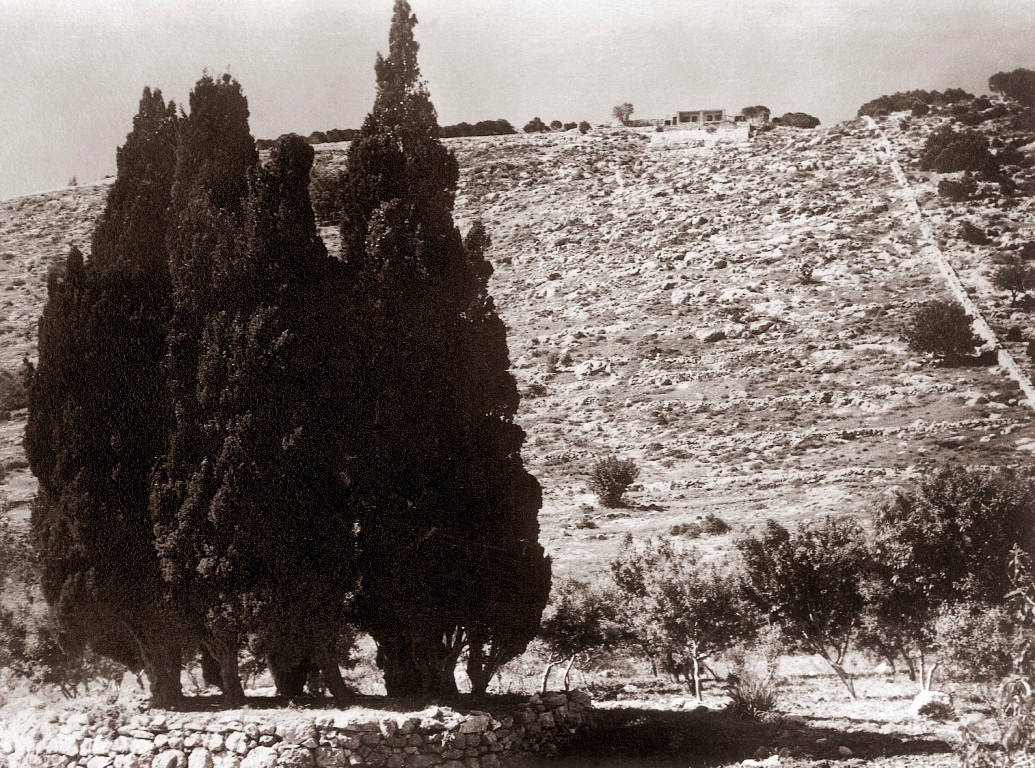
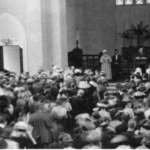
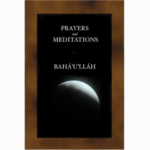

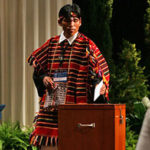

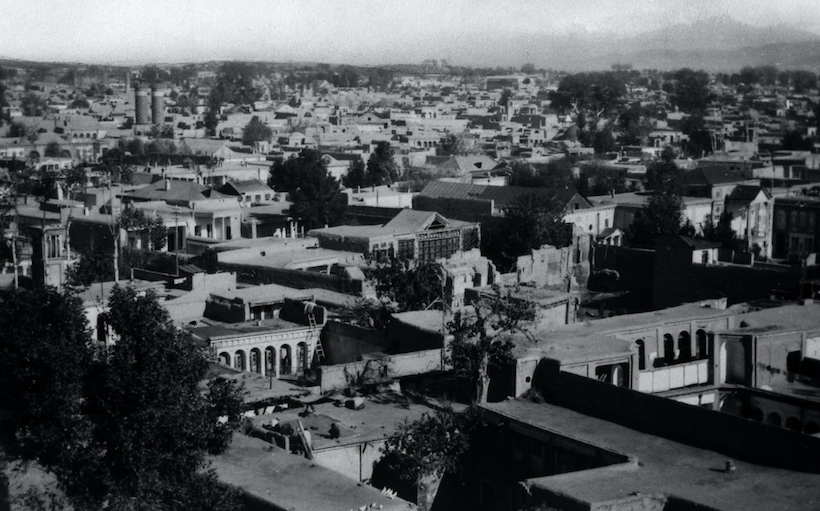
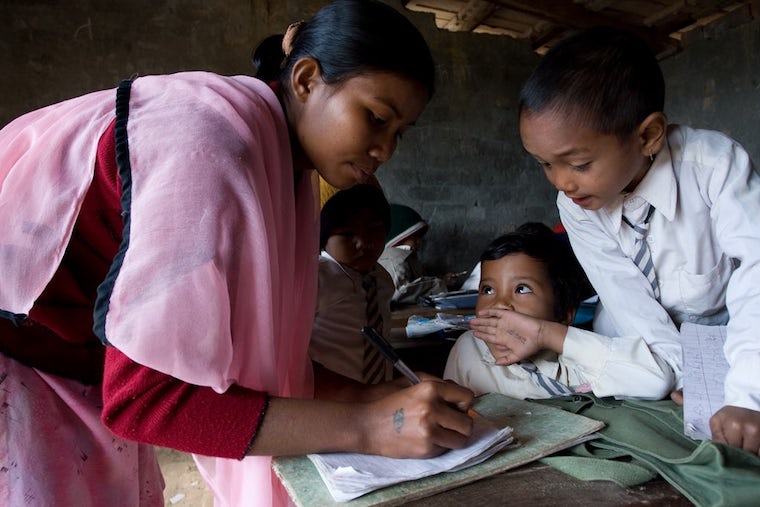
2 Comments
Brooke Record
Thank you for this research.
Anna Grass
Thank you!